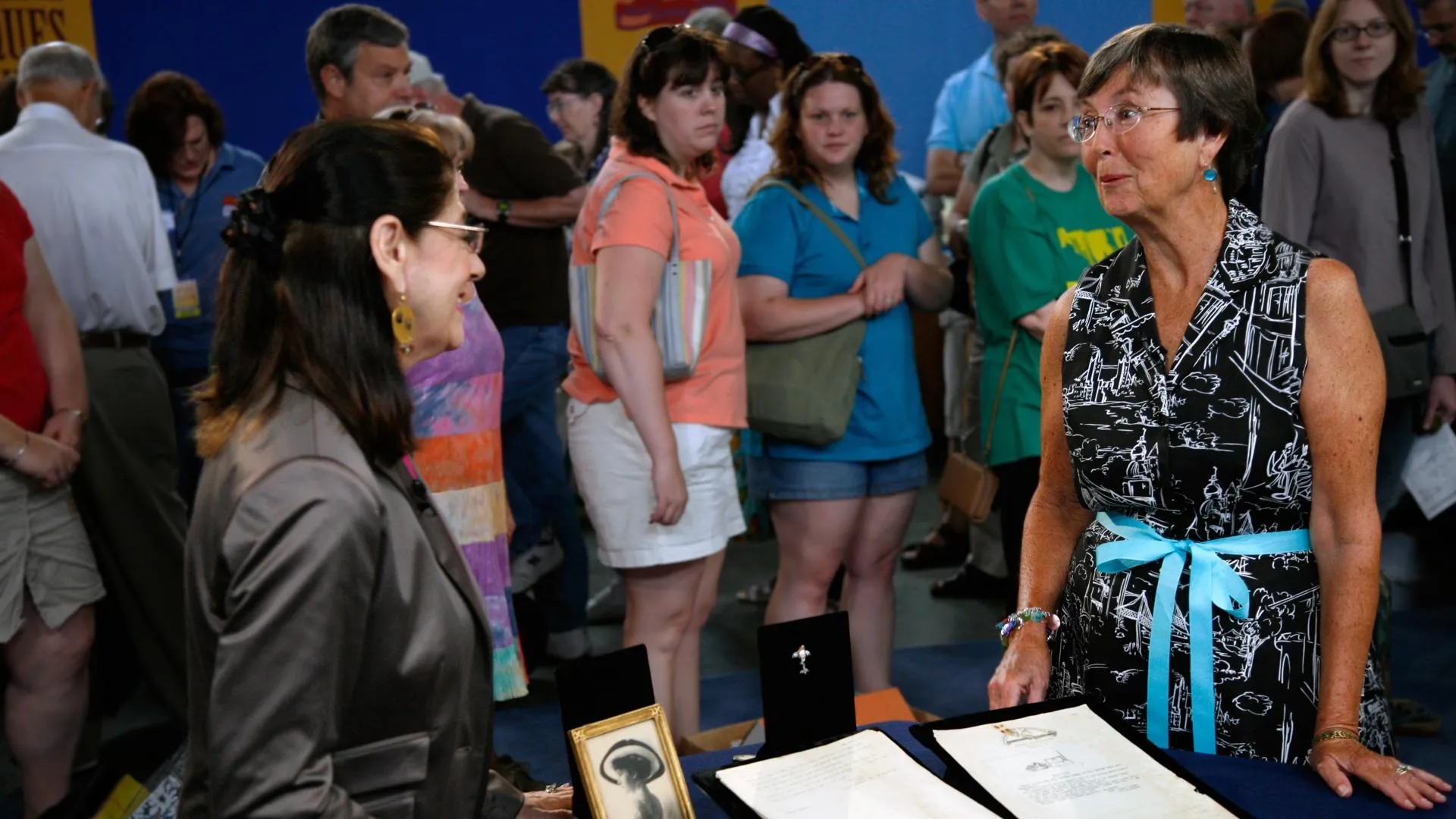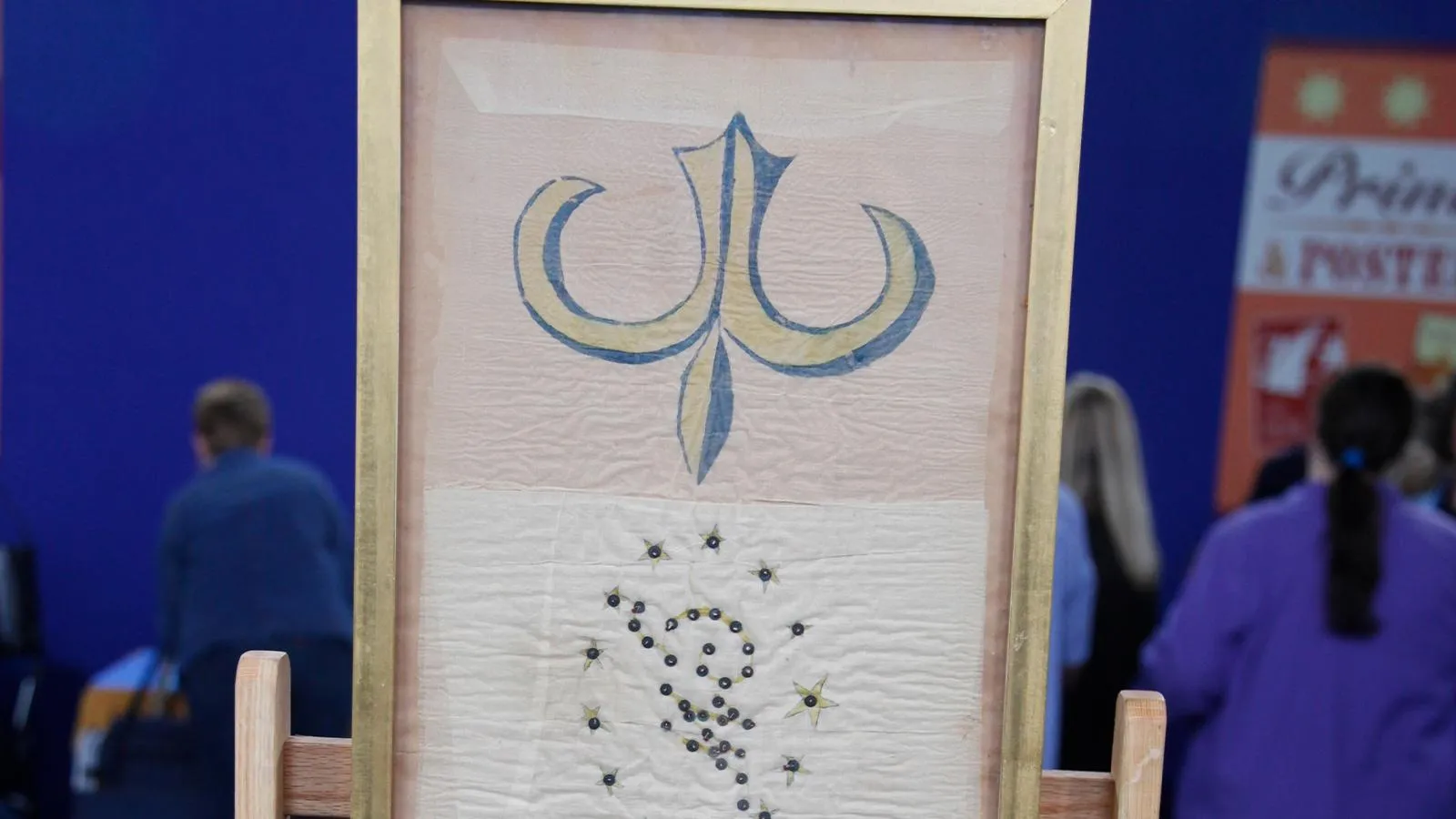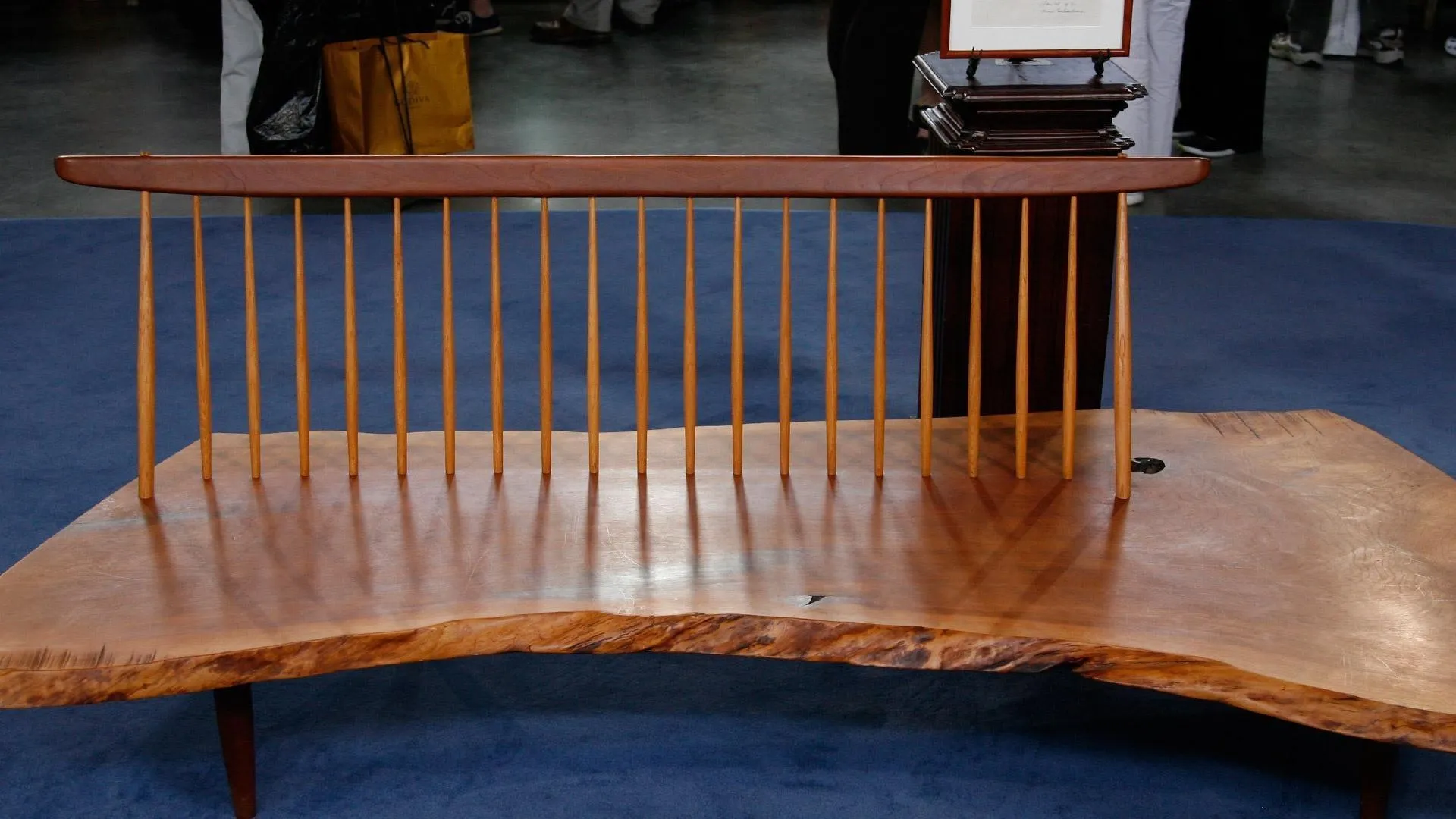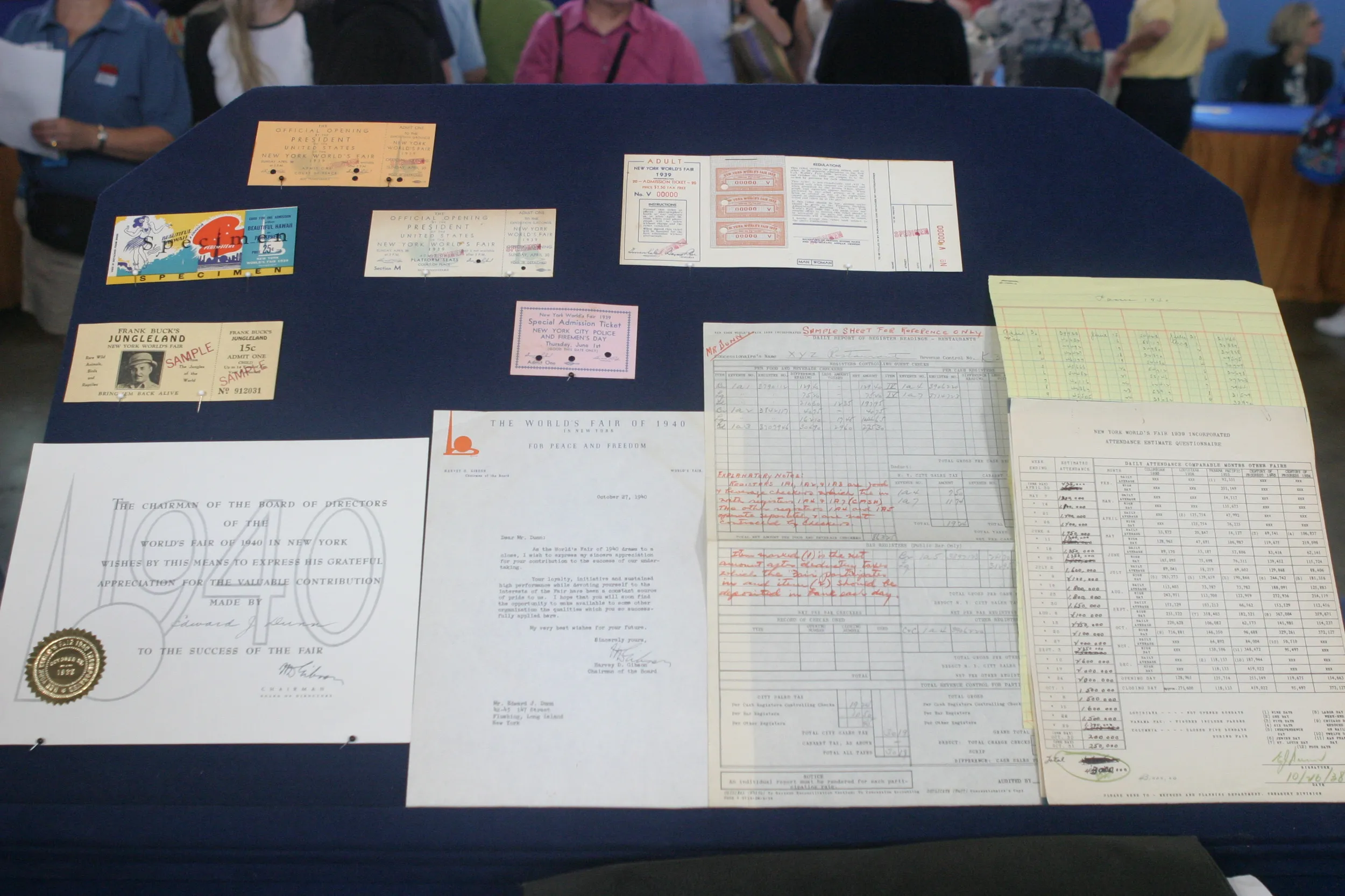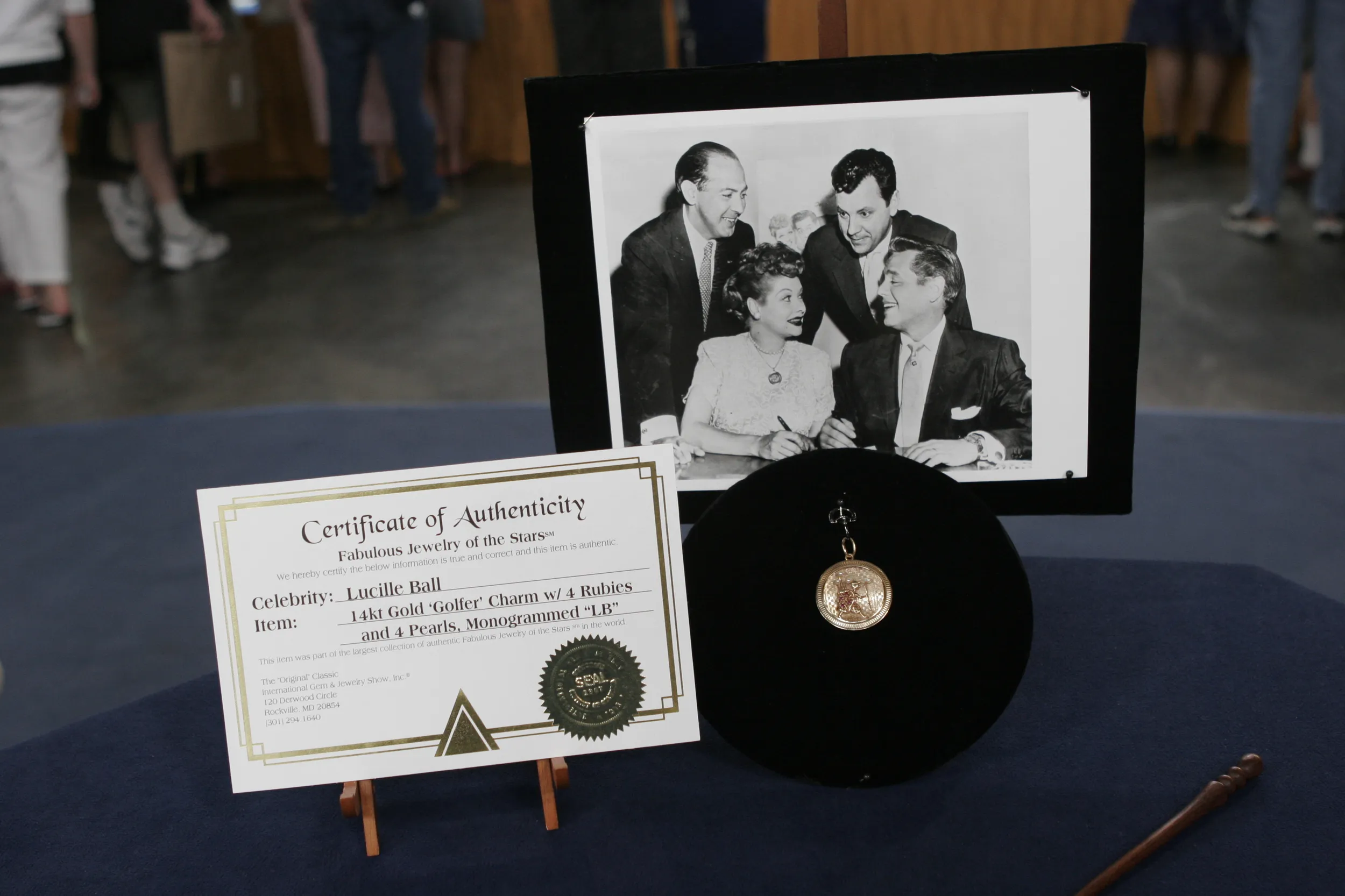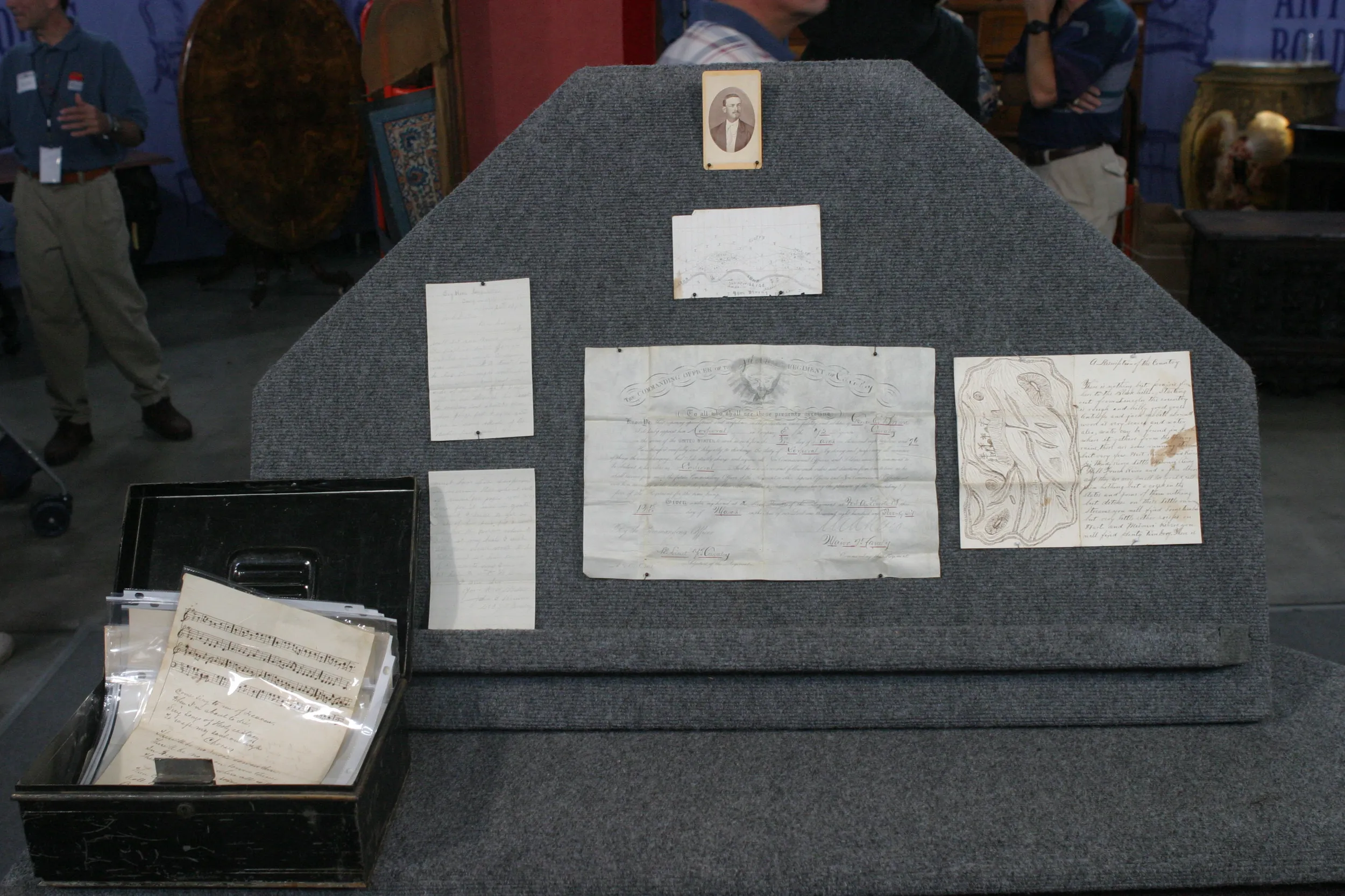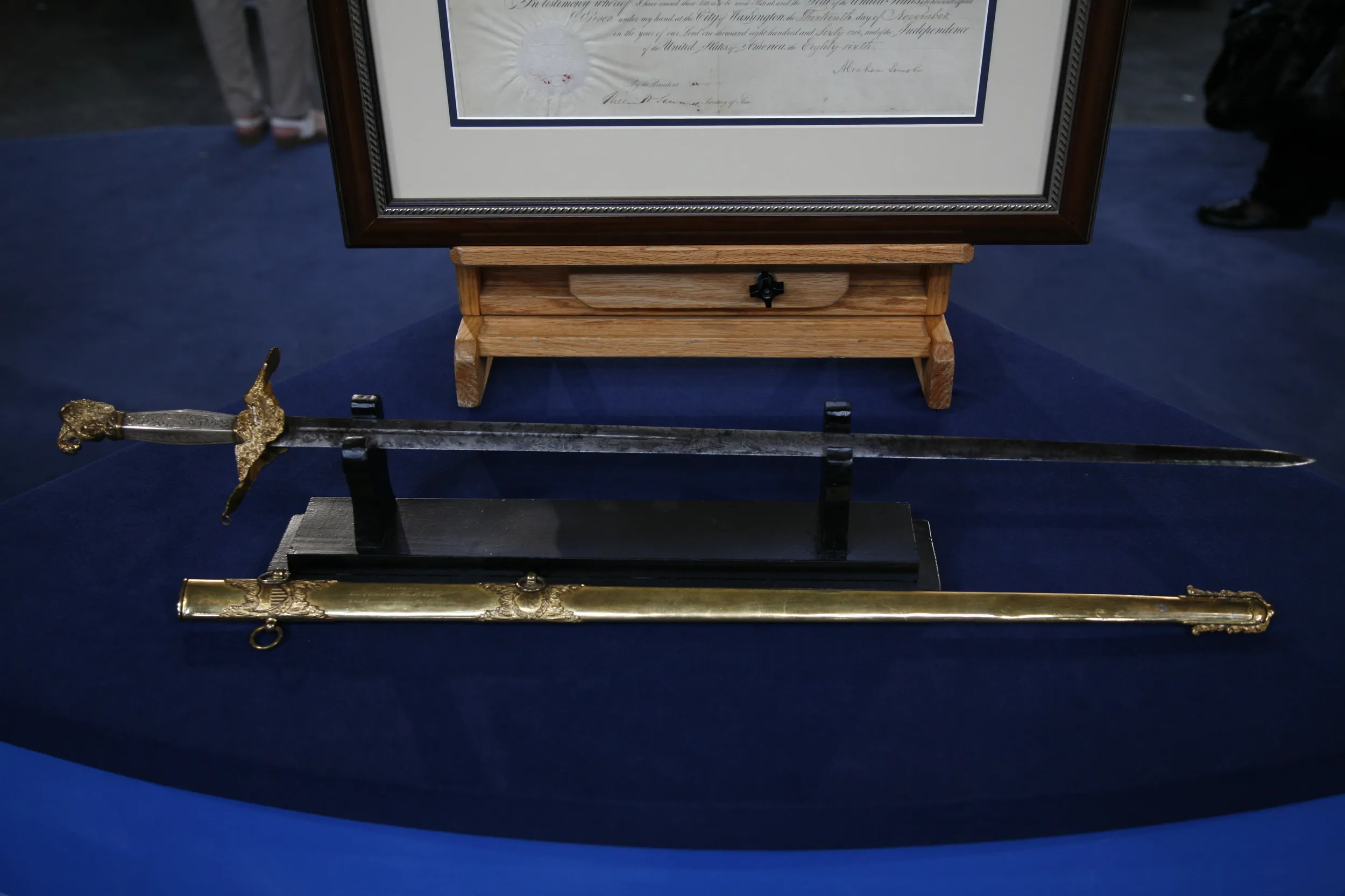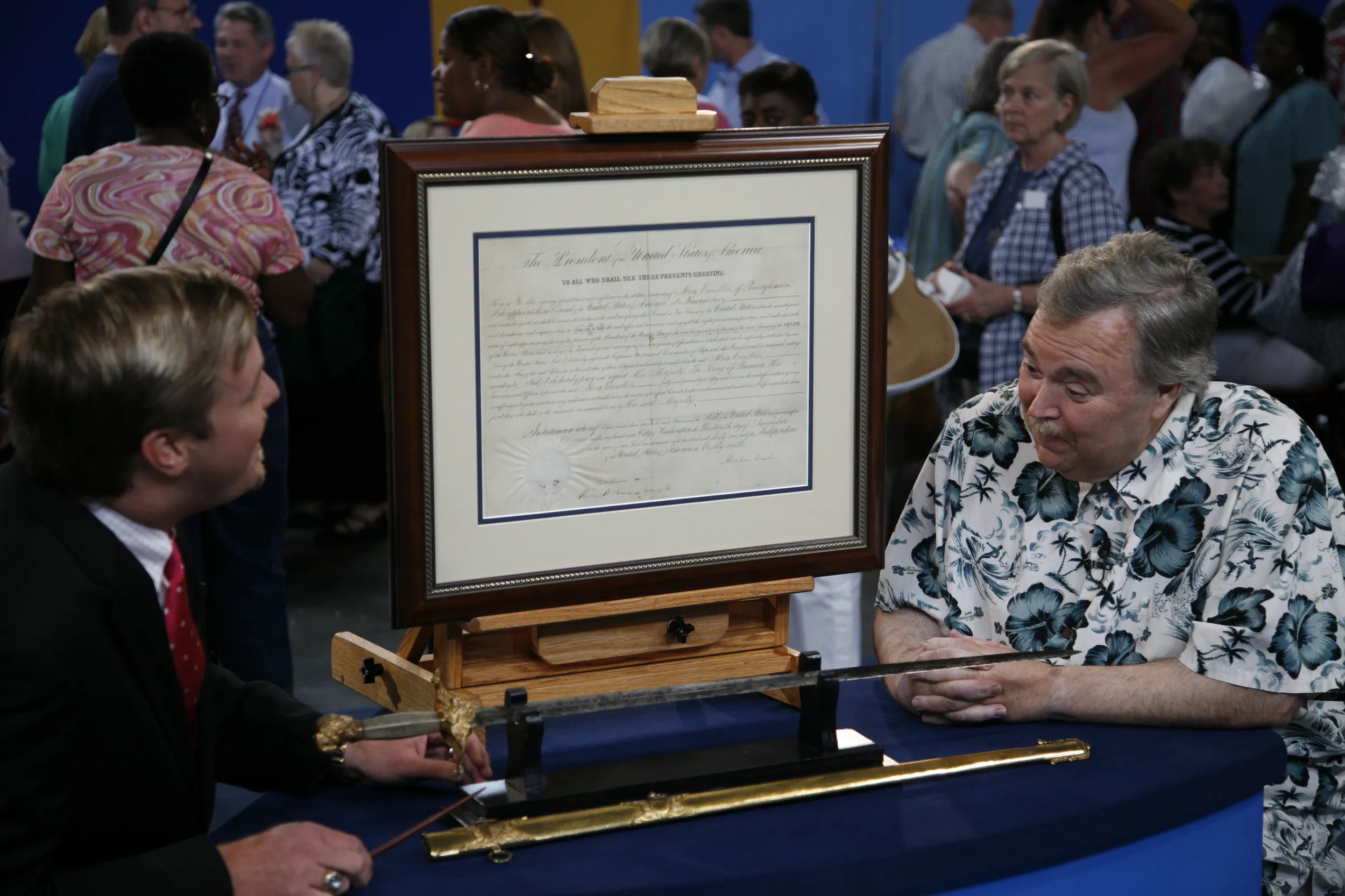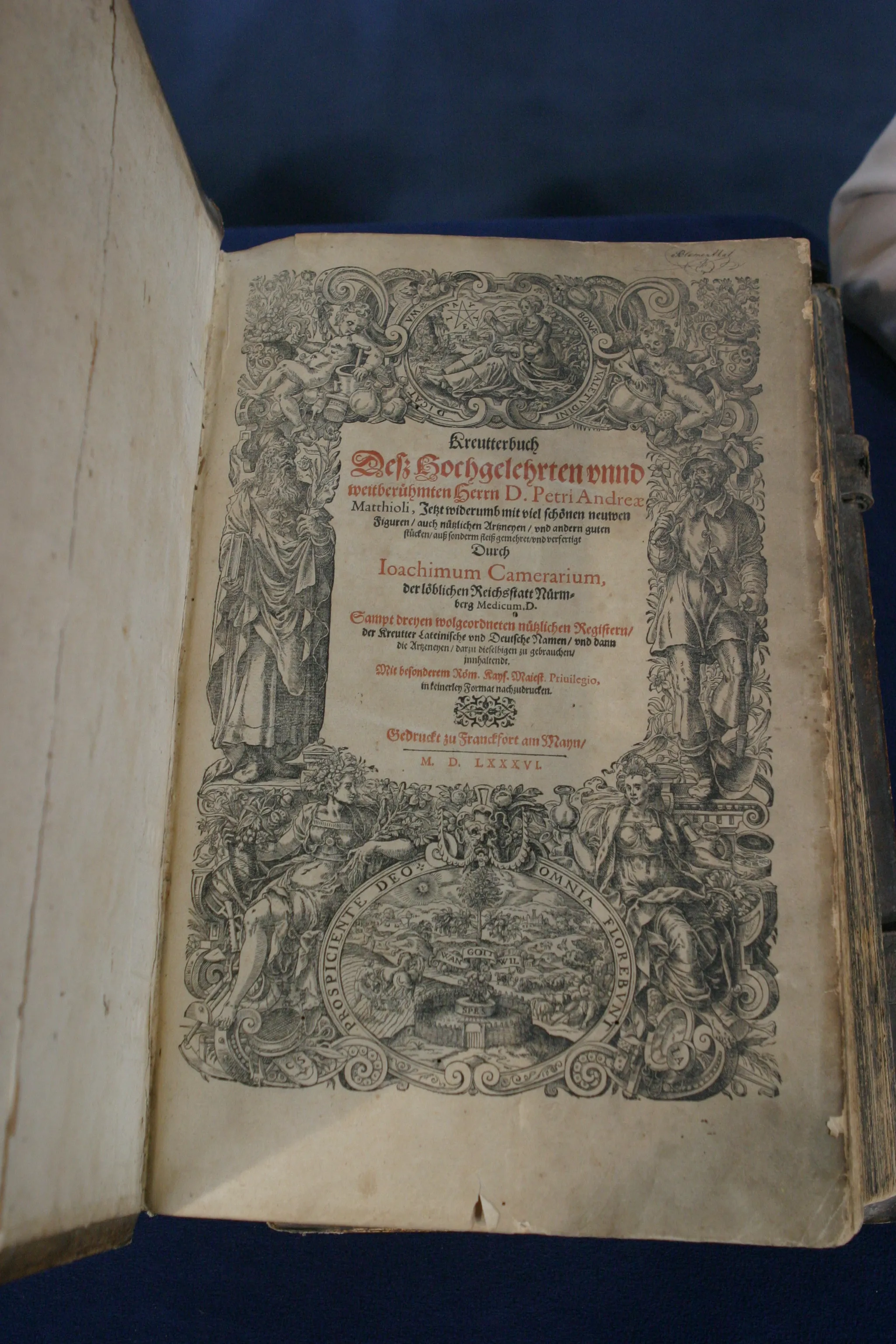GUEST: Well, I brought a ceremonial sword that was given to my great-great-grandfather in about 1856. And he later became the consul to Bavaria, and I brought his certificate naming him as the consul.
APPRAISER: Well, who was the sword presented by?
GUEST: It was presented by his men in the... It was the Philadelphia Artillery Brigade in the Pennsylvania militia. And it was presented at the time also by the governor of Pennsylvania and Simon Cameron, who eventually became Lincoln's first secretary of war.
APPRAISER: Correct. Do you know what that regiment was called?
GUEST: His regiment ultimately became the 27th Pennsylvania. At the time, they were just a militia brigade, right?
APPRAISER: I found a neat reference to them. They're actually the Philadelphia Flying Artillery.
GUEST: Oh, okay.
APPRAISER: And he's the man that actually founded it.
GUEST: Okay.
APPRAISER: Which is why they were giving him this token of their esteem. It's got a beautiful presentation on the front, where it was presented by his
men "To General Max Einstein."
GUEST: Right.
APPRAISER: Wonderful presentation. The sword itself is made by the Ames Manufacturing Company in Chicopee, Massachusetts. And it has the correct Ames mark on the back of the scabbard. This is pretty much the pinnacle of an Ames sword. Beautifully executed. It has the original silver handle with beautiful floral and geometric patterns on the grip.
GUEST: Mm-hmm.
APPRAISER: Eagles everywhere.
GUEST: Right.
APPRAISER: Eagles on the crossguard, eagles on the pommel cap. Beautifully done sword. This was the top that Ames made.
GUEST: Wow.
APPRAISER: Have you been able to do much research about when the sword was given to him?
GUEST: We have a book that mentions it. The book is called "The Jews of Philadelphia." And it's mentioned... no doubt, the author actually went to his home. He said it was hanging on the wall, and there's a description of the presentation, and it mentions Cameron and the governor of Pennsylvania, who I think was John Pollock.
APPRAISER: And the appointment mentions where he was being made consul to His Majesty, the King of Bavaria. And what's interesting about this is, not only is it an important piece of paper of history, it's also important because of who it's signed by. This one has a full ink signature all in his hand, deep colors, no fading. It's a beautiful signature. And if you notice, it's dated in 1861. That's early in Lincoln's presidency. Also a wonderful thing to have with it. It's not a sword that you'd ever decide to sell.
GUEST: Right.
APPRAISER: So I'd insure it for $15,000. (chuckles)
GUEST: It's been hanging on a wall for years and years, you know, so...
APPRAISER: And the appointment, with the good, clear signatures, is something you would need to insure for around $5,000.
GUEST: Okay, that's good to know.
APPRAISER: Fantastic piece.

